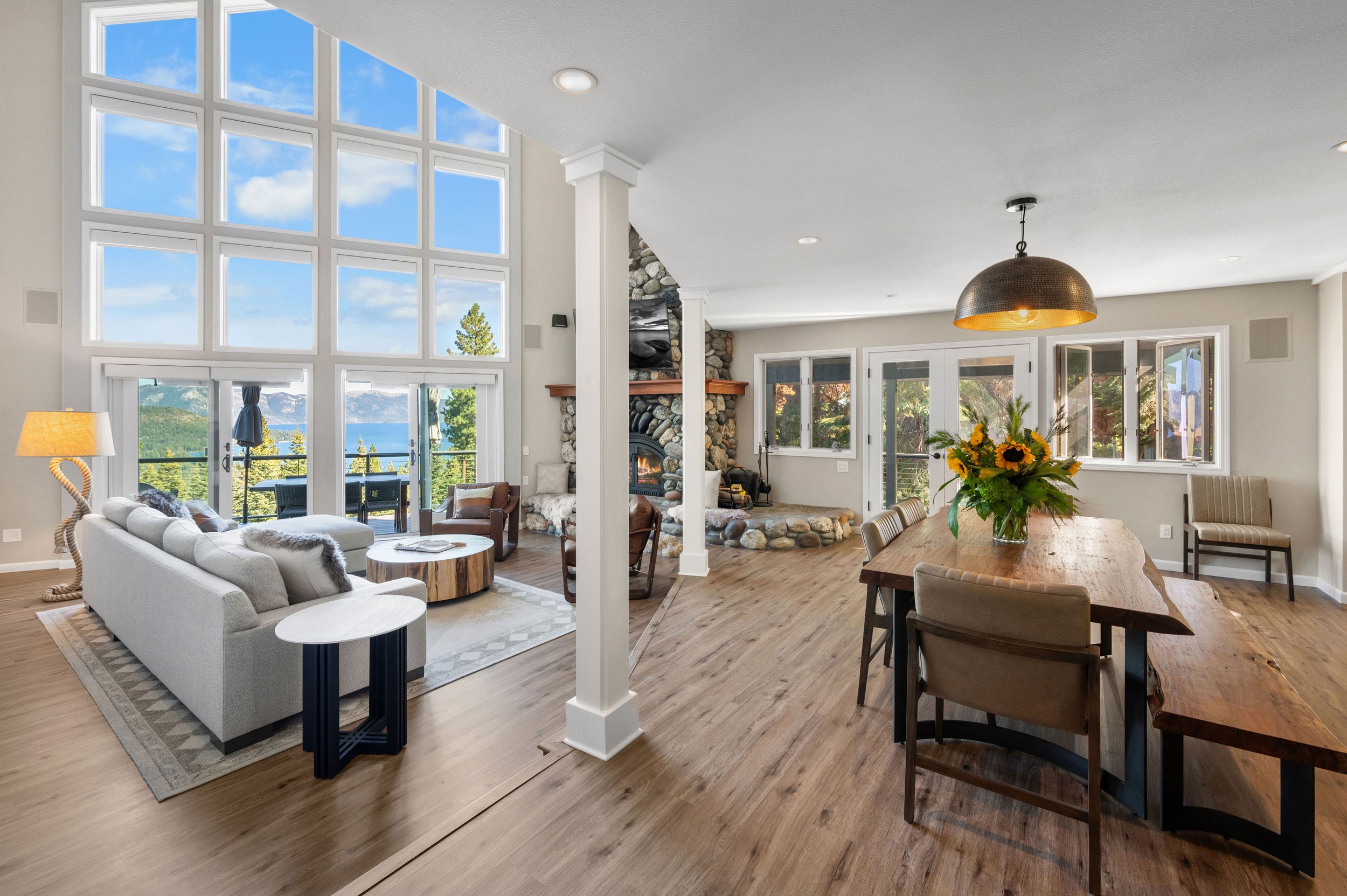Should You Rethink Your Airbnb and Vrbo Minimum Stay Requirements?
How to Make the Most of Vrbo and Airbnb Minimum Stay Requirements
Finding the right Vrbo and Airbnb minimum stay requirements for your vacation rental business is not always the most straightforward thing to do, especially if you’re looking for the right balance between party prevention and maximizing your short-term rental revenue.
Sometimes, a one-day stay may be acceptable, especially during the off-season, while during the busy times of the year you may want to lengthen your Airbnb and Vrbo minimum stay requirements. It’s all about finding a balance between occupancy and quality guest stays.
Not sure how these minimum stays work? We will go over a quick definition of minimum stays before exploring how they can impact your business and whether one-night minimums are the best idea.
Defining Airbnb and Vrbo Minimum Stay Requirements
Minimum nightly stays are the smallest number of nights that a guest can book with you, or the minimum number of nights. If you set your nightly minimum on Airbnb or Vrbo for 3 nights, for instance, guests will only be able to stay on your property for 3 nights or more.
You can also cap out the number of nights that a guest can stay with you–also known as the maximum nightly stay. Many owners have this set for up to a week to two weeks or more, depending on the location and other reservations already in place, and in some urban areas, guests can stay for upwards of 28 days or more depending on local regulations.
Why Vrbo and Airbnb Minimum Stay Requirements Are Important
Boost Occupancy and RevPAR
By making sure that your minimum nightly stay requirements are put wisely in place, you can easily boost your occupancy rates as well as RevPAR. This will require some fine tuning and flexibility in order to find the right requirements for each season of the year as well as the events that occur within those seasons, but if you play your cards right, you’ll see soaring occupancy and RevPAR as well.
Provide a Better Guest Experience
Sometimes, one or two nights is enough to experience what your destination has to offer, while in other cases, three to five nights might be the best offering for guests. If you can find the right minimum stay requirements for Vrbo and Airbnb, you can also make your guests happier by design. When their vacation is just the right length during the perfect season of the year, you’re far more likely to land a great review and keep them coming back for years afterward.
Is a One-Night Vrbo or Airbnb Minimum Stay The Best Idea?
You might already have a 2 or 3 night minimum stay set on Airbnb and Vrbo to prevent parties, but sometimes you may wonder if having a 1 night minimum would be a better idea.
An AirDNA study explored whether one-night minimums were the most profitable and effective way to stand out on the market, and they came up with an unsurprising answer–no, 1 night stays don’t make the most money.
In fact, in both of the markets reviewed (Flagstaff, Arizona and St. Louis, Missouri), properties with 1-night minimums earned some of the lowest RevPAR, especially in comparison to those with 3+ days minimum stays. This shows that 1 night stay requirements aren’t always the best idea, especially in urban areas that require some time to get to know.
The Keys to Minimum Stays
Stay Current with the Market
One of the biggest keys to ensuring your minimum stay policy on Airbnb and Vrbo is at its best is to stay current with your area. Review other listings and find out their minimum stay requirements, especially those that are your direct competitors. This will allow you to have some insight into whether your current Airbnb and Vrbo minimum stay requirements are working for your business, or whether you could boost occupancy by modifying them, especially during the high and low seasons of the year.
Keep an Eye Out for Events
If there are festivals or multi-day events happening near your property, it might be a good idea to educate yourself about them in order to set your minimum nightly requirements up for success. In that same AirDNA article, they also found that those that modified their nightly requirements for the SXSW festival in Austin, TX to up to 3 days earned the most RevPAR over those that only required 1 or 2 day stays.
Don’t Forget to Lengthen Your Airbnb and Vrbo Minimum Stays During Peak Season
Our final takeaway for conquering minimum stay requirements is to not forget that peak season typically draws in the longest reservations, so it’s wise to adjust your policy beforehand in order to land more reservations. Lengthen your minimum stay requirements to 4-6 days during these times of year in order to draw in the highest quality guests and reservations.
Don’t Worry About Minimum Stay Requirements with LocalVR
All this talk of minimum stays might give you a headache, and it’s a little hard to wrap your head around, but the main gist of it is this: ensuring that your minimum stay requirements on Airbnb and Vrbo are set to the right time for the right dates requires some flexibility and quick reaction time. If you don’t want to worry about it all yourself, hire an expert vacation rental property management service like LocalVR to take care of it for you.
Searching for more vacation rental tips? Check out the LocalVR blog, where you’ll find helpful guides such as our overview on marketing your rental for local events or our breakdown of ADR and RevPAR.




